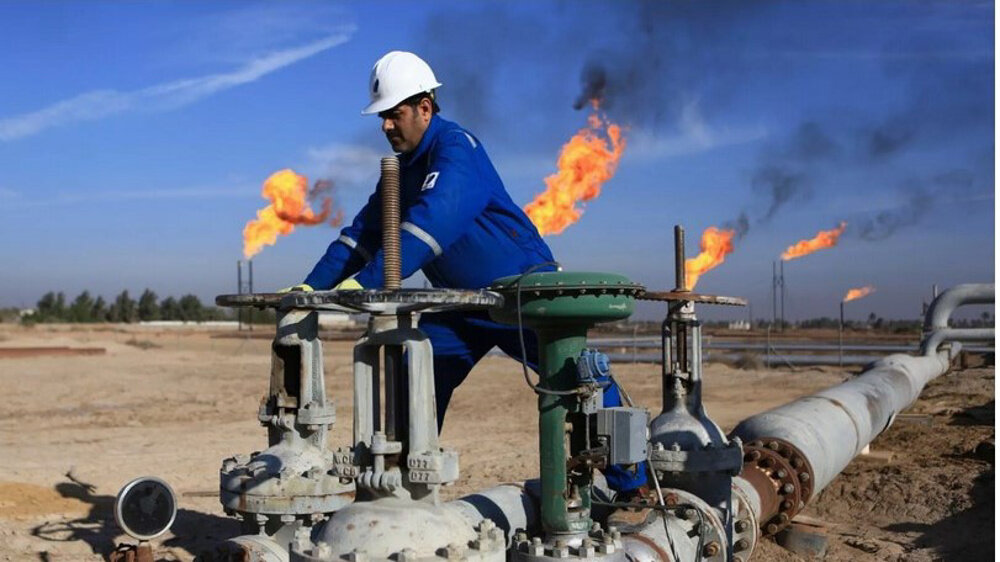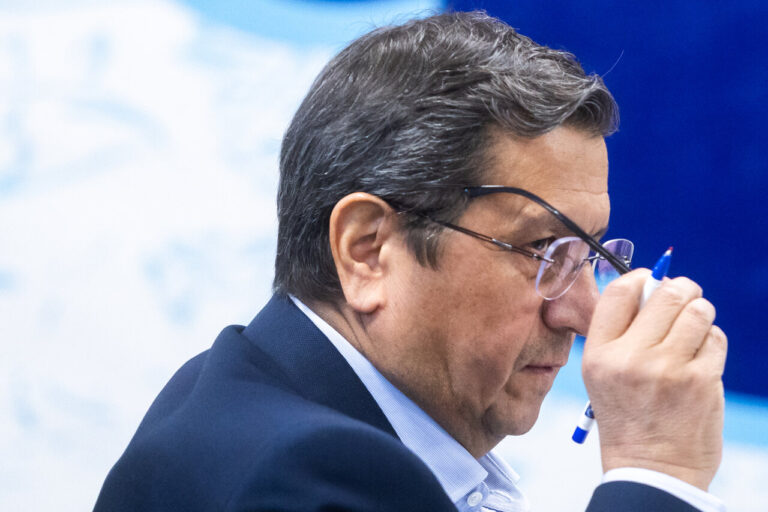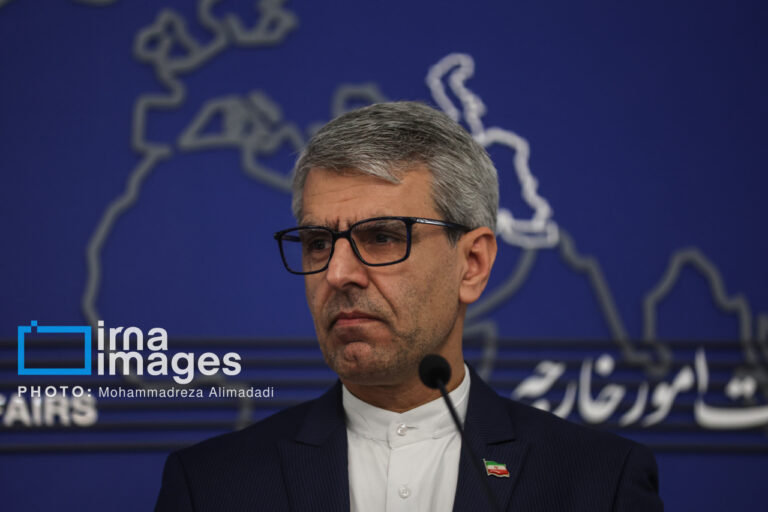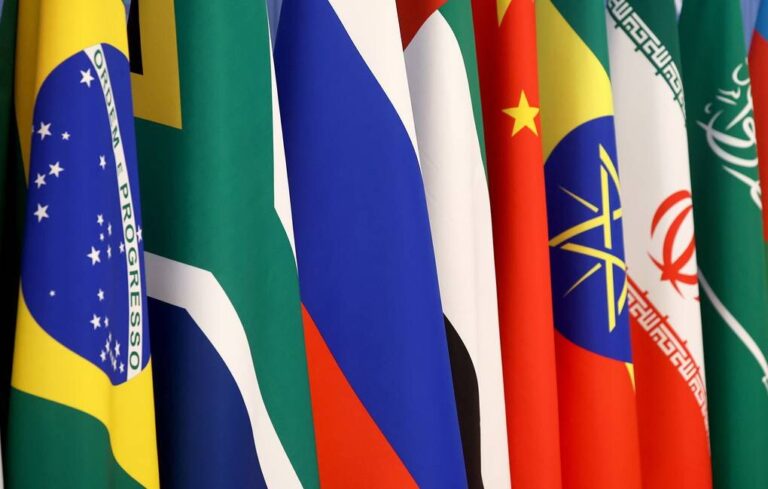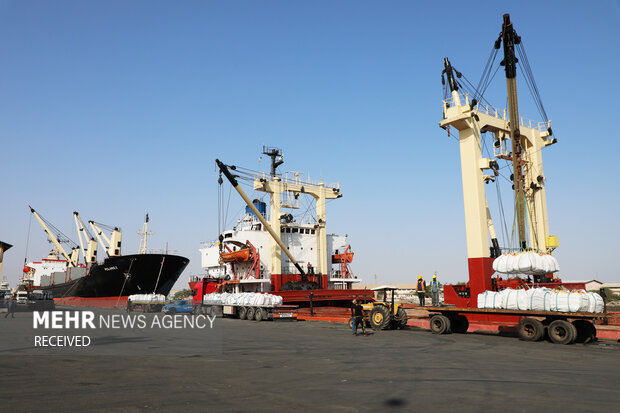Iraq Bans Kurdish Oil Exports Amidst Rising US Pressure
In a recent statement, Farhad Alaaldin, a foreign affairs adviser to the Iraqi prime minister, emphasized that Baghdad is currently not facing any threats from Washington regarding the resumption of oil exports from Kurdistan. This situation highlights the complexities surrounding oil exports in Iraq and the geopolitical dynamics at play.
Alaaldin’s remarks, reported by PressTV, shed light on Iraq’s stance. He stated, “Decisions related to the management of national resources are taken in accordance with Iraqi sovereignty and in a way that serves the country’s economic interests.” This assertion reflects Iraq’s commitment to maintaining control over its energy resources and ensuring they are utilized to benefit the nation’s economy.
Moreover, Alaaldin pointed out that Iraq’s parliament had previously enacted legislation that establishes a pricing framework for the oil that is intended for export from the Kurdistan region. This move underscores Iraq’s legislative efforts to stabilize its oil market amidst external pressures.
The context of Alaaldin’s statement comes after a report from Reuters, which indicated that the Trump administration has been exerting pressure on Iraq to facilitate the restart of Kurdish oil exports or potentially face sanctions. These developments raise critical questions about the future of Iraqi oil exports and their implications for both Iraq and the broader region.
Key points from the situation include:
- Oil Export Resumption: The resumption could involve approximately 300,000 barrels per day (bpd) from Kurdistan.
- US Sanctions on Iran: The restart of Kurdish oil exports is seen as a potential countermeasure to a decrease in Iranian oil exports, which are currently subject to increased US sanctions.
- Current Iranian Exports: Despite sanctions, Iran continues to supply around 1.8 million bpd to international markets.
- Trump’s Sanctions Campaign: The sanctions were originally implemented during Trump’s first term and have been described as a “maximum pressure” campaign aimed at Tehran.
While the US maintains its position regarding Iranian oil exports, Iranian authorities have responded by downplaying the threats posed by Washington. They argue that the country has implemented strategic policies designed to mitigate the impact of US sanctions on its energy sector.
This ongoing situation highlights the intricate relationship between Iraq, the Kurdistan region, and international powers, particularly the United States. The balance of power in oil exports is crucial not only for Iraq’s economy but also for regional stability.
As the situation evolves, the Iraqi government will need to navigate these complex dynamics carefully to safeguard its economic interests while responding to external pressures. The decisions made in this context will have lasting implications for Iraq’s energy sector and its geopolitical standing.
In conclusion, the dialogue around oil exports in Iraq is far from simple. With pressures from the US and the need for Iraq to assert its sovereignty, the future of oil exports from Kurdistan remains uncertain. It will be essential for both Iraqi officials and international observers to monitor these developments closely.
As the situation unfolds, stakeholders will be keenly watching Iraq’s next moves and the potential ramifications for both its economy and regional relations. The complexities of international oil politics continue to shape the landscape of energy exports, and Iraq’s strategic decisions will play a pivotal role in determining its future.
